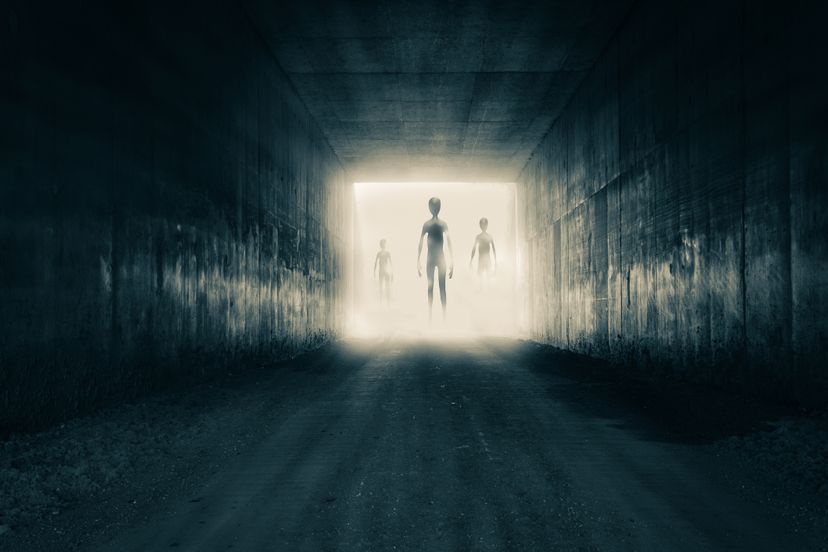In an article published in the Journal of Experimental Psychopathology, psychologist Richard McNally and a team of Harvard researchers examined whether people who recall false traumatic events, like UFO abductions, display physiological responses akin to those who genuinely experienced trauma.
The investigation focused on individuals with obviously fictitious memories, particularly memories of alien abductions. Researchers crafted brief audio narratives based on the volunteers' abduction accounts to assess the responses of the small group of male and female subjects who agreed to participate in the study.
While the volunteers listened, researchers monitored indicators like heart rate, perspiration and facial muscle tension. Remarkably, these physiological measures surged as the abductees recollected their supposed experiences of being kidnapped by space aliens.
Abduction or Sleep Paralysis?
Ultimately, researchers chalked these recollections up to two possible reasons. One, the abductees had actually experienced alien encounters. Or two, they possessed a handful of "ingredients" that researchers had compiled to form "a recipe" for the type of person who is likely to experience an encounter or abduction.
These ingredients include:
- New Age beliefs (e.g., high scores on measures of magical ideation)
- episodes of isolated sleep paralysis accompanied by hypnopompic hallucinations
- hypnotic memory recovery sessions
- high scores on a measure of absorption
- familiarity with the cultural narrative of alien abduction.
But researchers were unsure if their recipe could also apply to people outside of the study who claim to have been abducted. Also, it was unclear whether an individual needed to possess all of the ingredients.
In other words, just because a person loves extraterrestrial movies or the "X-Files" and is easily influenced doesn't mean they're necessarily more — or less — likely to say that space aliens scooped them up for experiments in the middle of the night.
This article was updated in conjunction with AI technology, then fact-checked and edited by a HowStuffWorks editor.
